Instincts and intuition
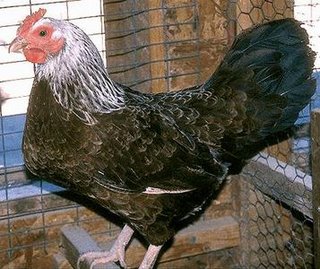

I maintain that humans don't have instincts, animals do.
We homo sapiens have intuition.
Instinct is built in an organism the moment it's born.
Intuition is learned, so we can make logical, reasonable decisions in order to take logical, reasonable actions to survive or thrive.
The first place this difference becomes apparent is at birth. We humans are completely helpless at birth. In fact, we even have to be taught to suck our mother's milk to survive. More, we're in need of constant care and protection for several years after birth. We also have to be "potty trained," which doesn't really resonate with the animal kingdom - except for the very few pets who have been trained to use the potty by their humans.
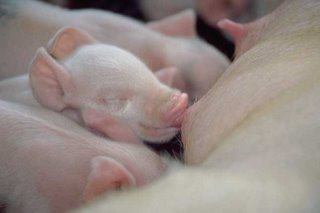 Think of mammals other than humans. They're either standing up and walking within minutes of being born and know where to find mama's milk and how to drink it, or their eyes are closed (this is what I call blind faith) and they still know how to find the milk spigot to survive, even if they have to crawl over their brothers and sisters to get there.
Think of mammals other than humans. They're either standing up and walking within minutes of being born and know where to find mama's milk and how to drink it, or their eyes are closed (this is what I call blind faith) and they still know how to find the milk spigot to survive, even if they have to crawl over their brothers and sisters to get there.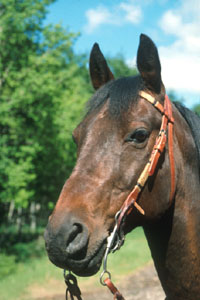
As they grow, they instinctively understand they need to chase and catch or find and graze or capture food. They understand how to relate to each other in their groups - normally there is a chain of command that is well respected and tolerated in the group until a change in leadership becomes necessary.


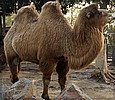
Animals understand naturally how to deal with and protect themselves from hazardous weather by which we feel victimized. They do all sorts of things to survive that we normally either can't or won't. Like live on bugs and berries.
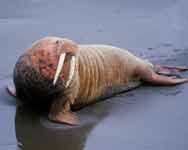
Animals we've domesticated and made pets, that we've removed from their natural habitat, still instinctively love dark, cave-like portals like their crates - because they're similar to the caves in which they lived tens of thousands of years ago.
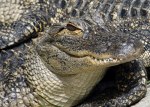
Seriously, as you look at the animals on this blog, compare how they deal with life -- all its threats and relationships -- and how we humans are not naturally equipped to handle similar threats from nature and predators if we were left out in the middle of nowhere, and you'll understand what *real* instincts are.
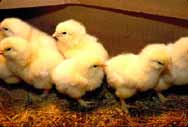
 Which came first, the chicken or the egg? Eggs need the warmth of mama chicken to hatch; let's say the egg can hatch on its own if it's hot enough? Baby chicks still need the warmth, nurturing and imprinting of mama chicken to learn the ropes of life, but they instinctively know how and what to eat on their own from the getgo. I say it's the chicken, 'cause it seems only reasonable to me!
Which came first, the chicken or the egg? Eggs need the warmth of mama chicken to hatch; let's say the egg can hatch on its own if it's hot enough? Baby chicks still need the warmth, nurturing and imprinting of mama chicken to learn the ropes of life, but they instinctively know how and what to eat on their own from the getgo. I say it's the chicken, 'cause it seems only reasonable to me!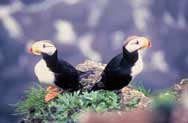 It doesn't mean we're "less than" animals because they're instinctual and we're intuitive. In fact, despite their amazing instincts they tend to have very few reasoning powers.
It doesn't mean we're "less than" animals because they're instinctual and we're intuitive. In fact, despite their amazing instincts they tend to have very few reasoning powers. 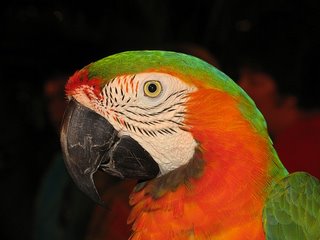
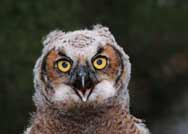
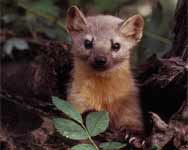 Like the penguins who make the great march in the film "March of the Penguins." They don't understand that because of changing weather patterns (the "rumored" global warming) they could make other wiser decisions these days about making the march and its route.
Like the penguins who make the great march in the film "March of the Penguins." They don't understand that because of changing weather patterns (the "rumored" global warming) they could make other wiser decisions these days about making the march and its route.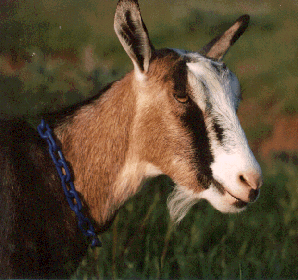
This lack of reasoning contributes to the inability to adjust to changes in environment and loss of habitat, which can result in their extinction.
Human extinction is caused by humans killing one another or allowing the environment to wipe us out if our air and water are allowed to be increasingly poisoned with pollution.
Anyone who trains animals knows that even the smartest still need extraordinary patience, repetition and rewards because their reasoning powers are limited.
Our differences are extraordinary, but all worth respecting and admiring.
Again, human babies are totally helpless to survive on their own from the moment they're born. More, they're incapable of caring for themselves or even being "potty trained" for many months or even years. A baby's speaking language communication skills with adults comes slowly; animals communicate with their elders almost immediately. And vice versa.
How do fish automatically know how to swim, eat and survive at birth? Of course, they stay in schools. (rim shot!) What about insects automatically knowing how to do their thing?
All of which means that whatever intuition we have as individual humans we are taught or must be curious enough to want to learn. I believe animals are fine with what they already know unless they are taught by humans to work with them, do tricks for them or in some way enhance human lives, education or pocket books.
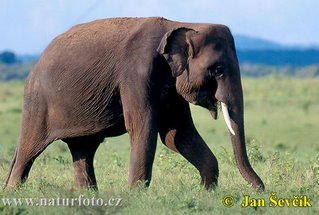
I doubt if animals think of themselves as owning one another. They're more into a pecking order of roles.
This is not to say that animals don't have emotions or experience pain. Elephants come together to care for an ailing comrade by holding him or her up, standing beside the sickly elephant, knowing that if he or she falls to the side, death is certain.
Anthropomorphism (attributing human emotions and characteristics to something non-human) continues to be studied. Anyone who lives with a beloved pet knows the belief in a mutual, unconditional love is very real. Who knows if we're deluding ourselves - what they're really thinking? But it is reassuring to share our lives with our creature comforts.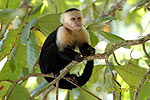
Now there is something we humans have called the "sixth sense." That's the extra one that can show up after taste, smell, touch, hearing and seeing if we're open to it.
It comes from allowing our psychic and psychological senses to open and receive information, feelings and visions from what is called the Spiritual Universe, spiritual energy, God, and more. Most people tend to try to close off these uber-human experiences to "protect" ourselves from the unknown.
It's part of our spiritual experience that can be learned and expanded with practice, or closed down, depending on the individual.
I find the question of spirituality and animals captivating.  I believe that animals are not afraid of death. As much as they are wired to stay alive, survive, protect their young and procreate the species, they don't appear to fear death.
I believe that animals are not afraid of death. As much as they are wired to stay alive, survive, protect their young and procreate the species, they don't appear to fear death.
Do they know what's on the other side? It's said that cats can see angels. 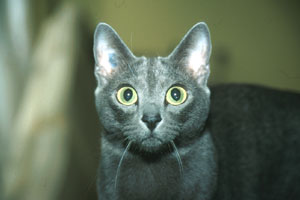 So when they're sitting there, staring for hours at "nothing?" Some think they're being entertained by the angels they can see and we can't.
So when they're sitting there, staring for hours at "nothing?" Some think they're being entertained by the angels they can see and we can't.
At any rate, the reason I talk about this is that so many actors I've worked with refer to instinct when they mean intuition. They expect themselves to do something they can't because they don't have instincts.
But! If we understand that we're capable of creating a phenomenal athenaeum of information to build an extraordinary intuitive sense, we can understand that we must compile it consistently, constantly, that we must learn everything we need to make us increasingly intuitive, while still mixing in good old emotion and reason. Once we comprehend how to learn in a way that contributes to trusting our perceptions, senses, actions and intuition? Amazing things happen for any artist. (Merci, M. Monet!)
 It's just a matter of continually inputting information we need, just as we feed information to our inner personal computers, which already have individual emotion and sense or reasoning built in, created by our experiences and education in life. Only humans have the capability of including emotion and reason to engage the intuitable information positively or negatively.
It's just a matter of continually inputting information we need, just as we feed information to our inner personal computers, which already have individual emotion and sense or reasoning built in, created by our experiences and education in life. Only humans have the capability of including emotion and reason to engage the intuitable information positively or negatively.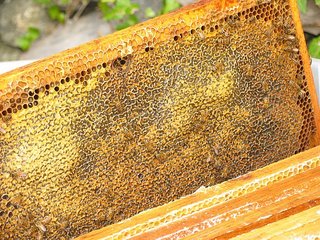
For example, two people may have identical educations and information, but one views the situation in a negative way, the other the (same) situation in a positive way-both based on how they feel, both based on a "hunch," or their "intuition."
Animals don't go there. 
Instinct means they're wired to do certain things in certain ways with certain stimulation or motivation.
Still, not one is like the other. Individual personalities abound, no matter if it's a penguin or lizard or...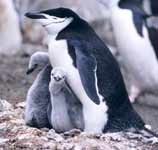

Labels: animals, humans, instinct, intuition, psychic, psychology, sixth sense, spiritualtiy
